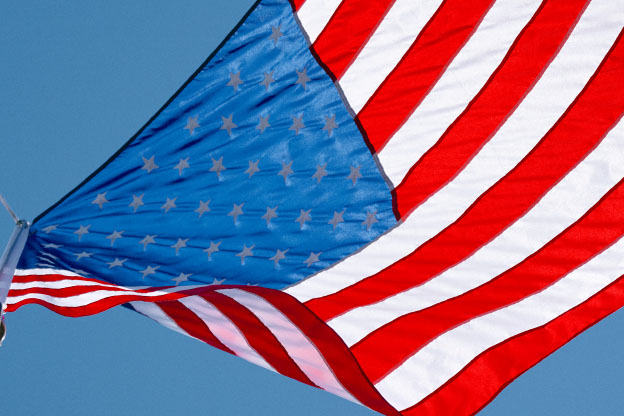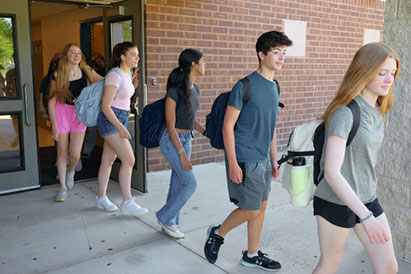An NBC News Poll released on August 21 once again found voters across the political spectrum identifying “threats to democracy” as the most important issue facing the country, eclipsing cost of living, jobs and the economy, and immigration.
A subsequent CBS News Poll released on September 1 showed 72% of respondents believe U.S. democracy is “threatened,” versus 28% who see it as “secure.”
These concerns transcend partisan labels. While the NBC poll’s open-ended follow-up question showed a wide range of concerns over threats to democracy, the CBS poll identified some commonalities, from the influence of money in politics to the sense that “most people don’t have a say.”
These collective sentiments—paired with the latest Axios-Ipsos “Two Americas Index” pointing to concerning support across parties for undemocratic norms—must be taken seriously, for they represent existential threats to this nation’s long-standing experiment in constitutional democracy. Solutions are not immediate or singular, but we, the national civic learning community, offer the most promising long-term plan for sustaining and strengthening our democracy and protecting it from threats, both foreign and domestic.
Civic education is a matter of national security, making the bipartisan, bicameral federal Civics Secures Democracy (CSD) Act aptly titled. Stated simply, civic education is key to rebuilding trust in institutions and one another, fostering informed patriotism and civility, and equipping citizens to build a more perfect union.
Civic education’s neglect over the past 50 years coincides with many of the troubling trends surfaced by the recent polls. The Civics Secures Democracy Act presents a key opportunity to reverse this trajectory, making a generational $1B annual investment in civic education to ensure all students experience a robust civic education throughout their K–12 experience.
Let’s ensure that every student in the United States graduates with the civic knowledge, skills, and dispositions necessary for informed, effective, and lifelong engagement in our communities, states, and country.



